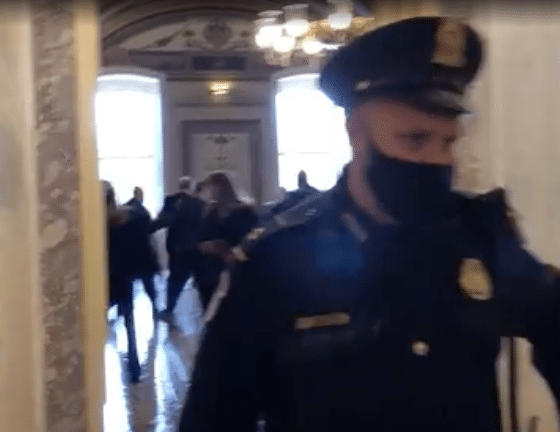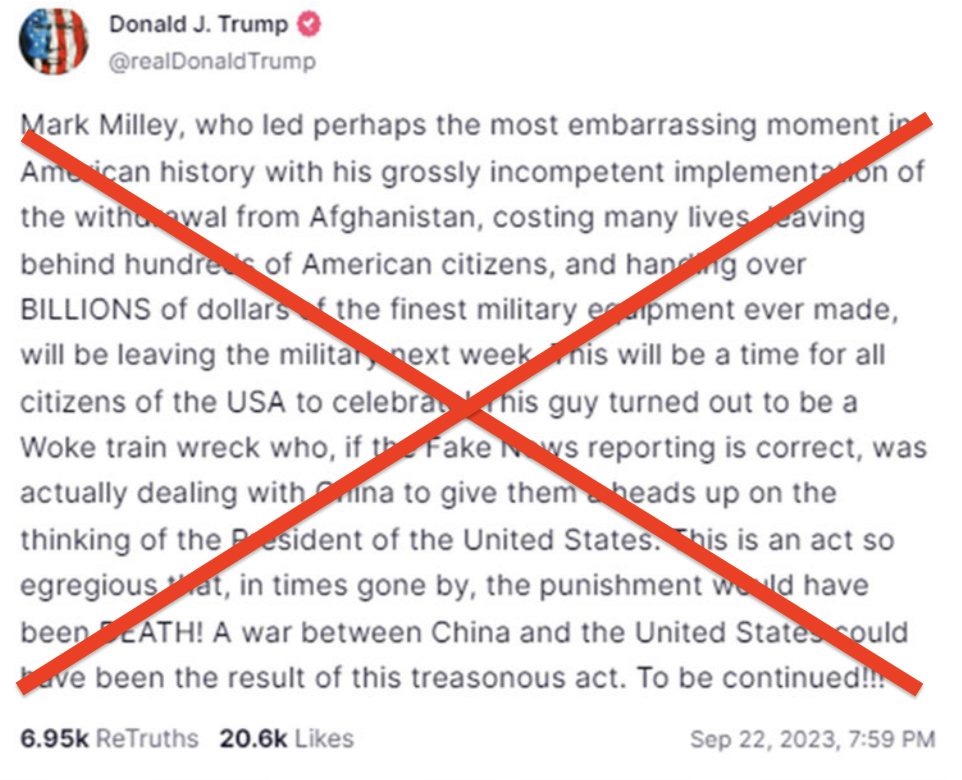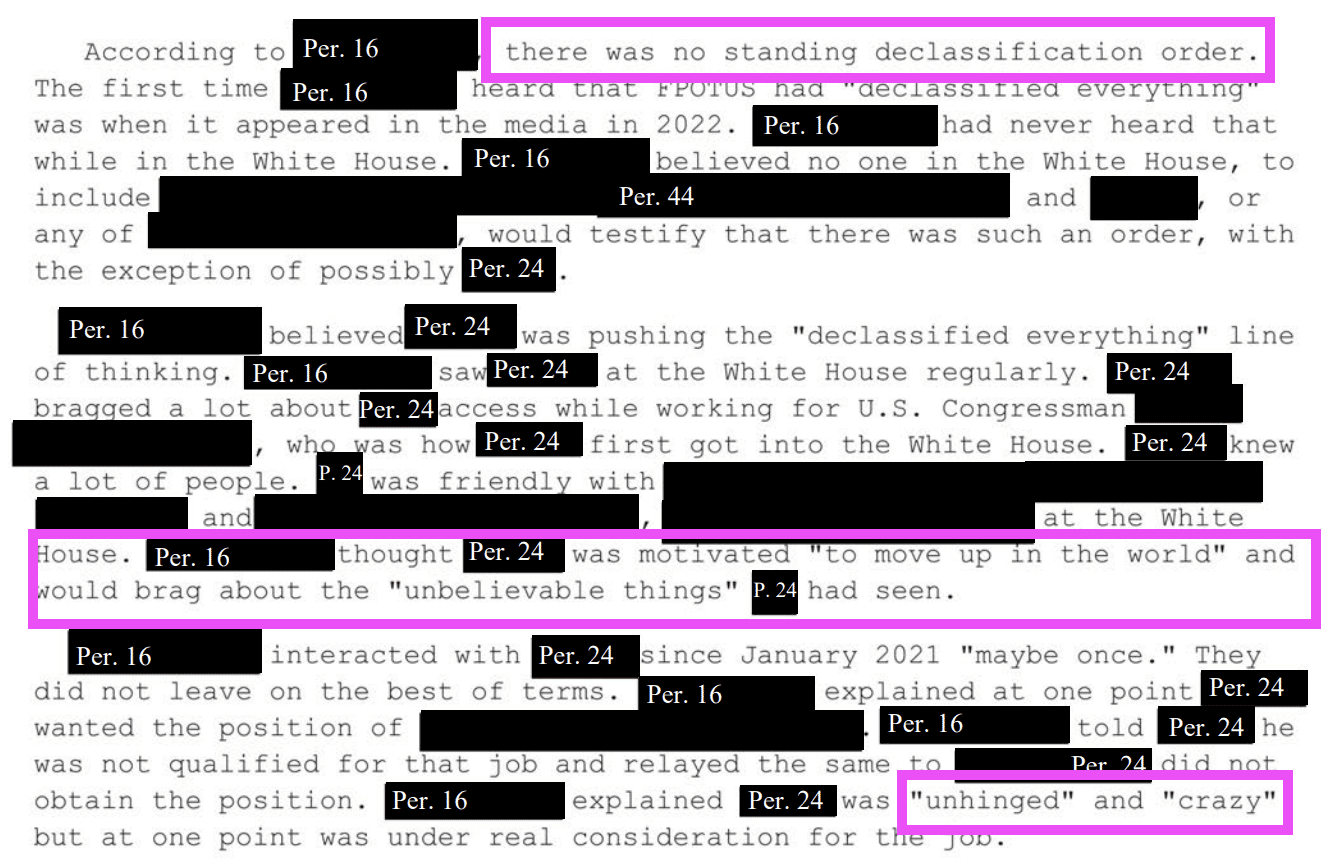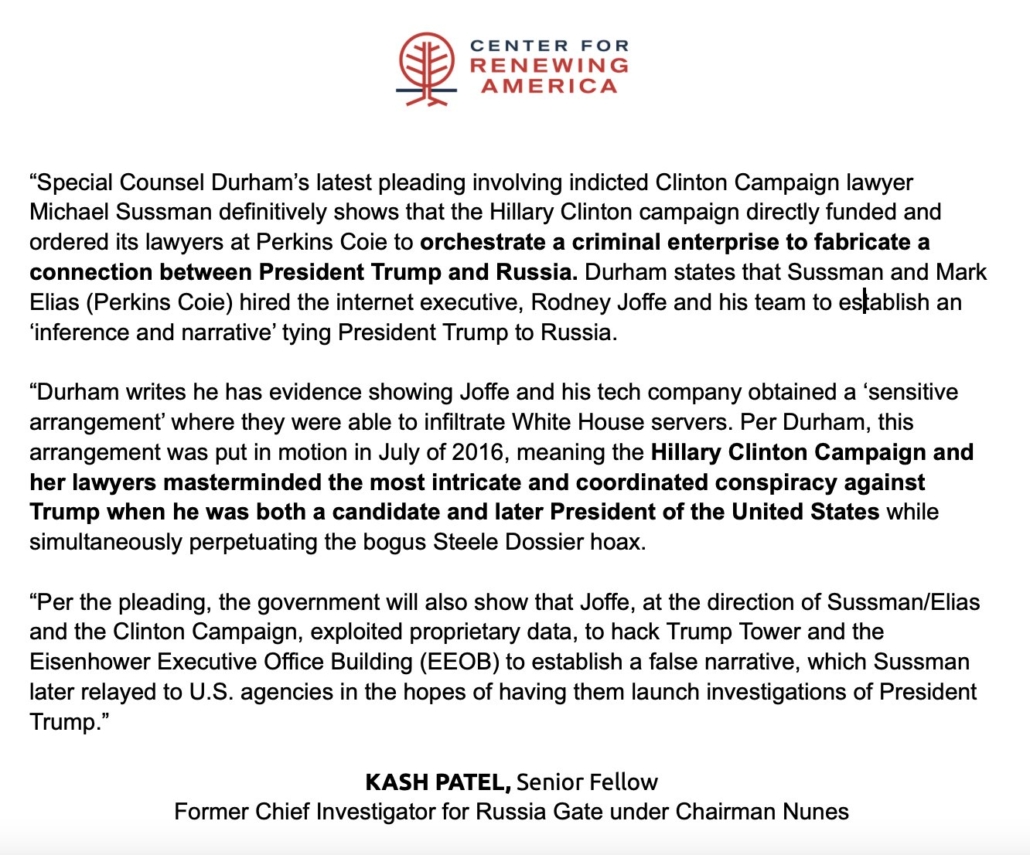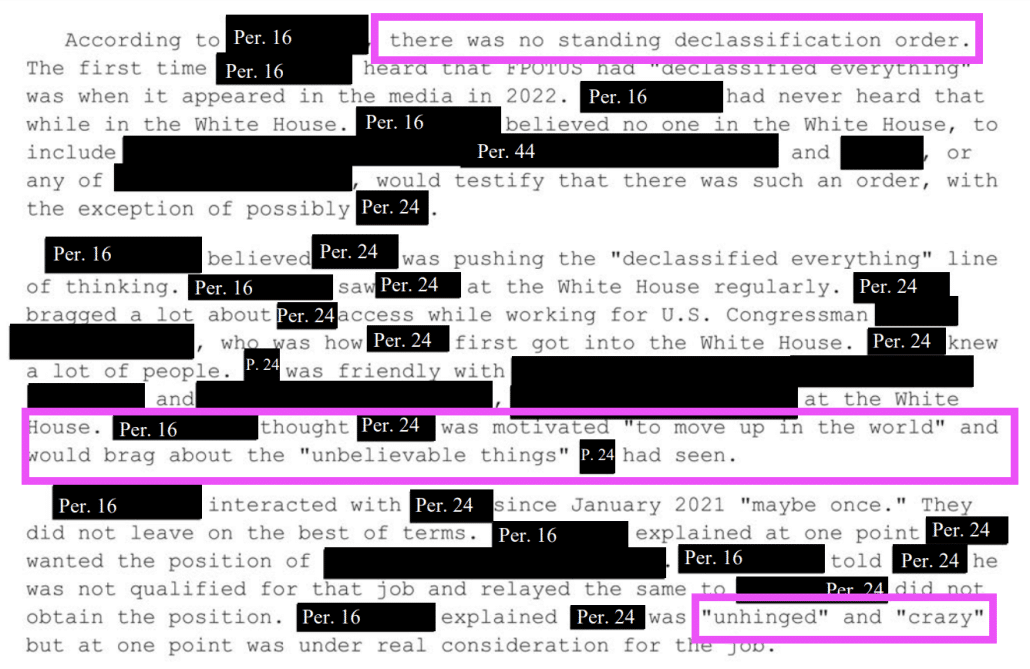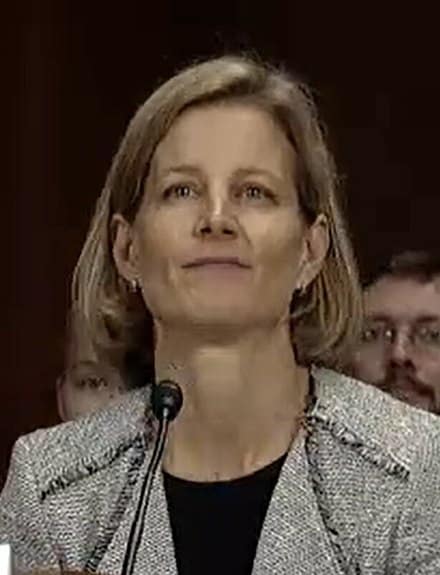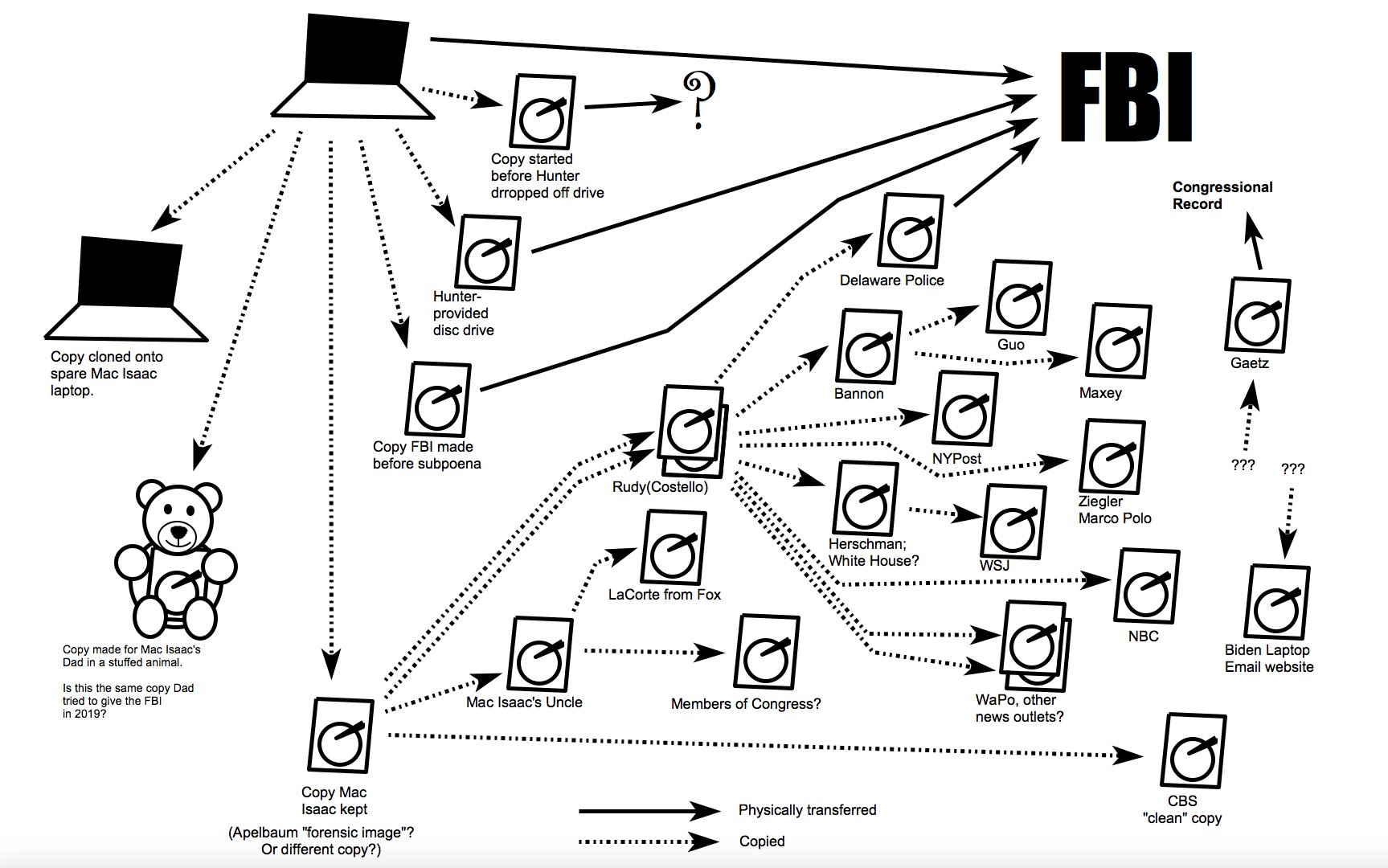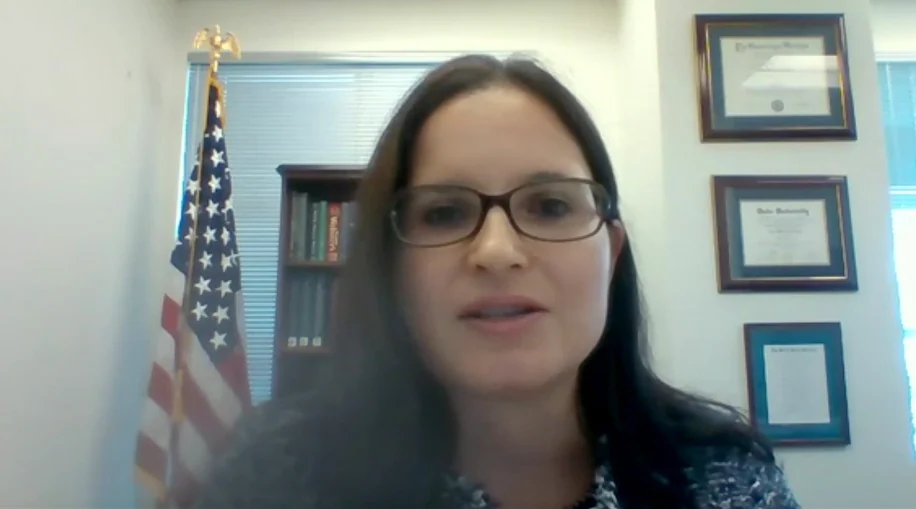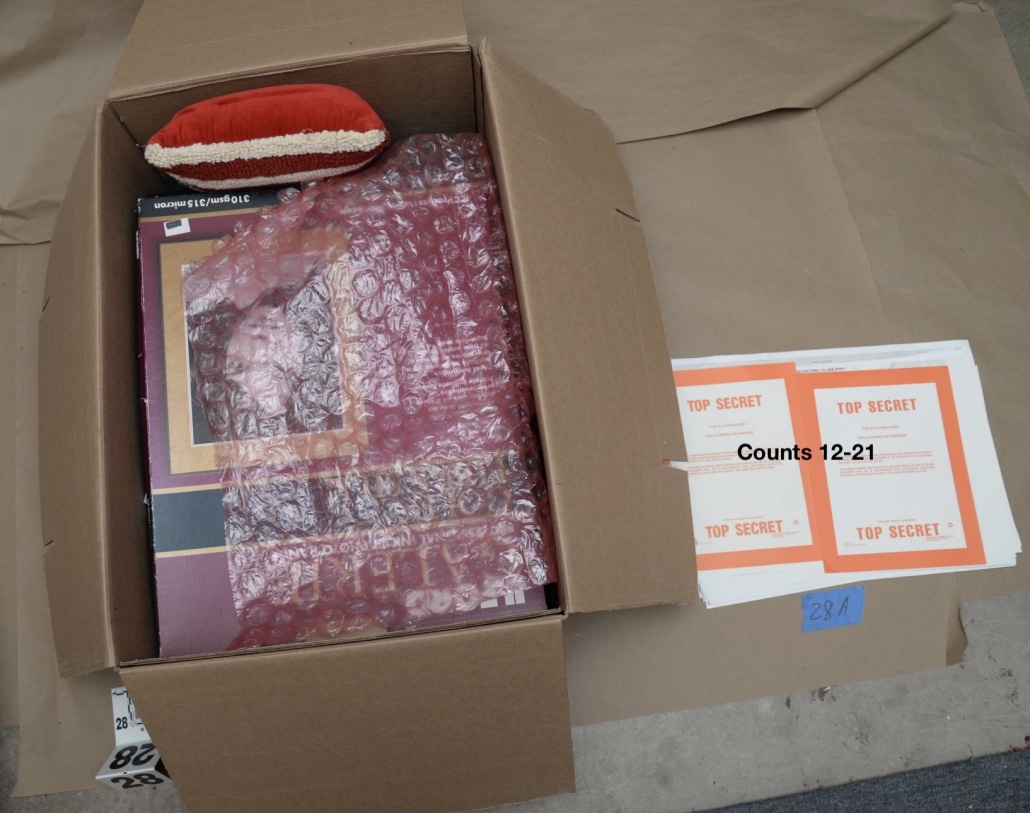Telling the Story of January 6 to the Judges Who Know It Best: The Two FBI Lawsuits
There are a number of outlets tracking every legal challenge to Trump and Elon Musk’s power grabs. For example, JustSecurity has this litigation tracker, including the multiple suits (one, two, three, four, five, six, seven) that attempt to stop Elon’s invasion. Some may well succeed in enjoining Elon’s actions — but they’ll lead to a confrontation over who will enforce the orders.
Two lawsuits filed yesterday by FBI agents may be better vehicles both legally and in generating stories that might lead to pushback from Republicans. The first represents nine Jane and John Doe FBI personnel, fashions itself as a class action, and demands a jury trial; it has been assigned to Biden appointee Jia Cobb. It makes claims under the First Amendment, Fifth Amendment (and Fifth Amendment Privacy), and Privacy Act. It provides these details about how much the government spends to obtain the expertise of FBI agents.
13. FBI agents are chosen through a highly selective process, and are carefully screened for aptitude and trustworthiness.
14. FBI agents go through more than four months of intensive training at the FBI academy before beginning their duties, and attend numerous training sessions throughout their careers to adapt to new technologies and emerging threats.
15. Many FBI agents are multi-lingual and routinely interface with intelligence agencies from allied nations.
16. The training FBI agents receive is comprehensive, and in some instances, extremely expensive.
17. On information and belief, Plaintiffs assert that each agent of the FBI receives more than 3 million dollars-worth of training in a twenty (20) year career.
18. FBI agents also develop specific expertise from their assignments and field duties, much of which cannot be replicated solely by training.
The second represents seven Jane and John Doe FBI personnel, and the FBI Agent’s Association, which represents most active duty Agents; it has been assigned to the Trump appointee who presided over the Proud Boy leaders’ trial, Tim Kelly. Mark Zaid, a highly experienced lawyer in this field, is leading this suit. [Update: This case has been reassigned to Judge Cobb.]
This FBIAA suit makes two claims under the Privacy Act, a First Amendment, two Due Process claims, and this mandamus claim.
64. The provisions of 28 U.S.C. § 1361 provide a statutory basis for jurisdiction in cases seeking relief in the nature of mandamus against federal officers, employees, and agencies, and they provide for an independent cause of action in the absence of any other available remedies.
65. Defendants’ actions, as set forth above, constitute unlawful, intimidating, and threatening behavior towards Plaintiffs in response to Plaintiffs’ lawful actions of executing lawful search and arrest warrants and participating in lawful investigations of crimes committed by January 6 perpetrators.
66. Defendants do not have discretion to redefine the truth of January 6, 2021. Nor do Defendants have any discretion to recast the lawful actions taken by the FBI and the previous leaders within the Department of Justice as illegal, let alone any discretion to retaliate and disclose names.
67. Defendants have no discretion when it comes to ensuring the safety of the American people from extremist violence, let alone the safety of their own employees.
68. If no other remedy is available through which the unlawful termination orders may be rescinded, then Plaintiffs are entitled to relief in the nature of mandamus compelling Defendants to recognize Plaintiff to rescind the unlawful termination orders.
Both tell stories about Trump’s personal involvement in January 6 and describe a fear that lists of FBI Agents who worked on the January 6 cases will be used by those they investigated for retribution. The second also cites multiple cases of Jan6ers — including Enrique Tarrio, over whose prosecution Judge Kelly presided — promising retribution. [Update: As noted, this case has been reassigned to Judge Cobb.]
The second suit — the FBIAA one — substantiates its description of the events of January 6 far better, relying on opinions written by the judges who’ll preside over this case, as in these two citations to the DC Circuit opinion in the January 6 Committee’s lawsuit to access Archives documents.
13. The events of January 6, 2021, and the activities leading up to the violence that ensued on the U.S. Capitol on that day, have been well documented by courts in this circuit. Specifically, “[o]n January 6, 2021, a mob professing support for then-President Trump violently attacked the United States Capitol in an effort to prevent a Joint Session of Congress from certifying the electoral college votes designating Joseph R. Biden the 46th President of the United States. The rampage left multiple people dead, injured more than 140 people, and inflicted millions of dollars in damage to the Capitol. Then-Vice President Pence, Senators, and Representatives were all forced to halt their constitutional duties and flee the House and Senate chambers for safety.” Trump v. Thompson, 20 F.4th 10, at 15-16 (D.C. Cir. 2021).
[snip]
19. “The events of January 6, 2021 marked the most significant assault on the Capitol since the War of 1812. The building was desecrated, blood was shed, and several individuals lost their lives. Approximately 140 law enforcement officers were injured, and one officer who had been attacked died the next day. In the aftermath, workers labored to sweep up broken glass, wipe away blood, and clean feces off the walls. Portions of the building’s historic architecture were damaged or destroyed.” Thompson, 20 F.4th at 19.
That’s not the only way the FBIAA suit foregrounds the way judges have approved of the January 6 investigation. It also describes how everything happened with the involvement of judges and much of the legal process for that went through DC.
21. Investigative efforts were centralized out of the District of Columbia federal district (“DDC”). Functionally, this meant that FBI agents swore out arrest warrant affidavits in front of DDC magistrate judges. Upon receipt and review of the sworn affidavit, DDC magistrate judges approved the FBI’s arrest warrant applications and provided a signed, lawful arrest warrant to the arresting FBI agent or FBI task force officer (local law enforcement detailed to the FBI) for execution.
22. In some instances, individuals were arrested pursuant to a grand jury indictment. In these cases, FBI agents testified in front of a federal grand jury under Fed. R. Crim P. 6. If the grand jury found probable cause based on the evidence presented, a supervising court would then issue a lawful arrest warrant for execution
23. Many of the perpetrators of the January 6 riots fled Washington, D.C., immediately after the carnage. Because of this, the FBI had to coordinate efforts across the country in order to amass evidence. This frequently entailed applying for search warrants under Fed. R. Crim. P. 41 in the district where the evidence was to be located. Again, the FBI applied for warrants via sworn affidavits presented to neutral and detached magistrate judges. In the context of search warrants for physical property (e.g., phones, clothes, stolen property), these lawful warrants were issued by a multitude of magistrate judges outside of DDC.
Every DC Judge has affirmed the import of these cases and the danger of the January 6 attack (though some have questioned the prosecution of so many trespassers). They’re all likely facing the same threats that these FBI agents are.
And they are being asked to preside over suits that pit the FBI agents who carried out this investigation against a DOJ led by Trump’s defense attorneys (including Pam Bondi, who was confirmed with the help of John Fetterman but no other Democrats yesterday).
The Mandamus requested by the FBIAA suit is a big ask — the Privacy Act violations in both suits are more likely to work. But the judges in question are likely to agree that, “Defendants do not have discretion to redefine the truth of January 6, 2021.”
According to Ken Dilanian, the FBI did turn over a list of the people involved in the January 6 investigation, though provided employee ID numbers in lieu of names.


